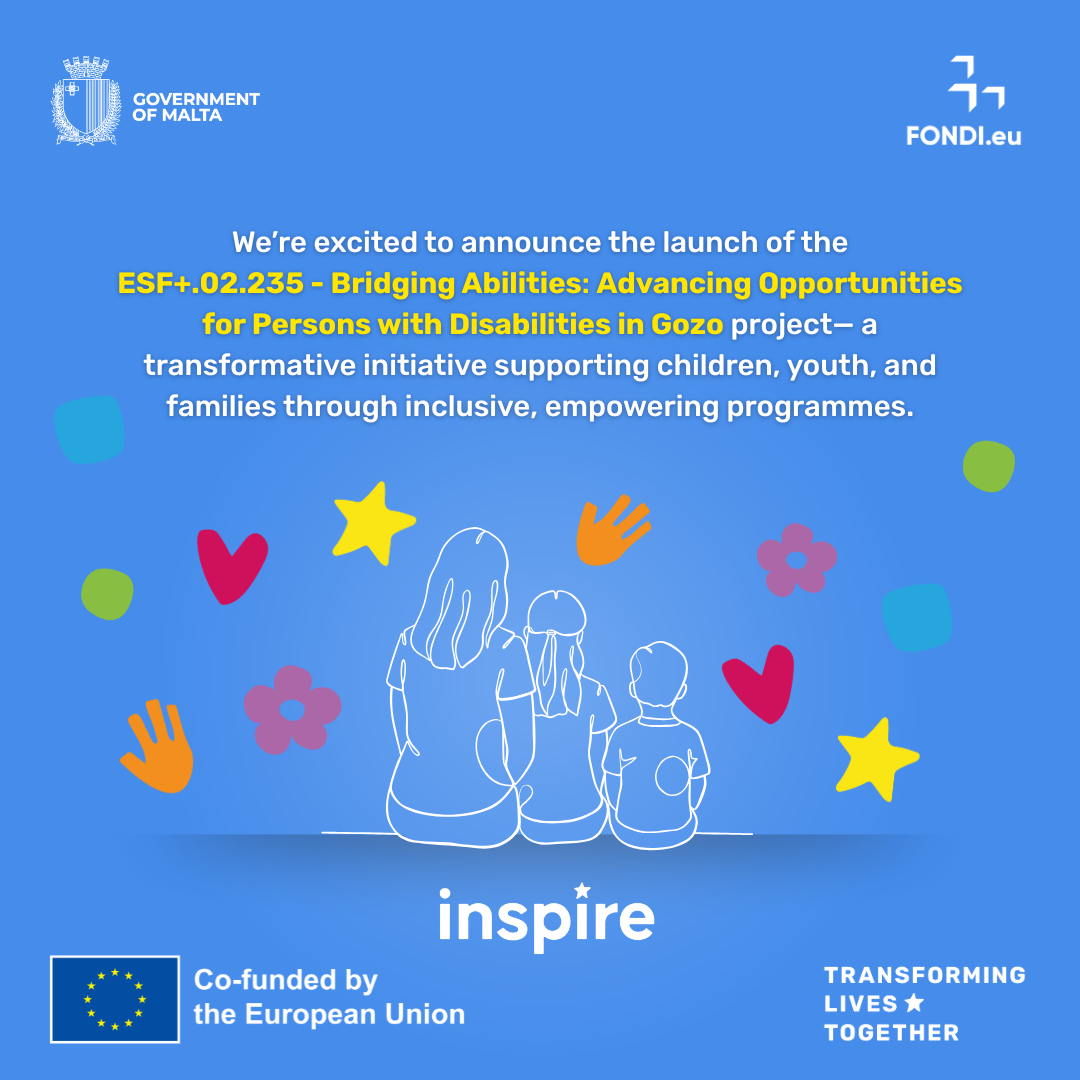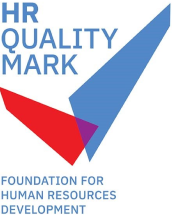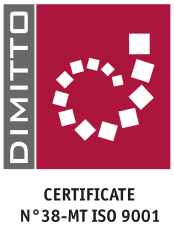Project Brief
Project description: There are silenced voices in democratic spaces as millions of people face language barriers and are excluded from […]
Project description:
There are silenced voices in democratic spaces as millions of people face language barriers and are excluded from key deliberative processes. In the European Union (EU) alone, around 6 million individuals, and globally over 90 million, have difficulties to read, write, and comprehend language, which restricts their full participation in democracy. In this context, the EU-funded iDEM project aims to break these linguistic barriers and begin a new era of inclusive and participatory democratic spaces for marginalised communities. Specifically, the project will create next-generation multilingual models, automatically adapting texts to the needs of each person and provide Artificial Intelligence (AI) tools for unbiased communication.
Inspire’s role in the project:
Everyday the Maltese government and other public bodies in Malta produce and publish information on legislation, healthcare, social benefits, finances, education, or employment. Some of this material aims to inform the public about changes, opportunities, or regulations, while other information such as calls for public consultation specifically invite democratic actions. However, over 90% of this information is not accessible for persons with intellectual and learning disabilities, neurodevelopmental conditions, or general reading difficulties. The language used in these public materials is often very difficult to understand because it uses difficult and complex words and sentence structures. The iDEM technology can be used to simplify these texts and give everyone access to information and democratic participation.
In Use Case 4 led by Inspire, we test the simplified texts for their legibility and understandability. We use Eye Tracking technology to record and measure the eye movements of our service users while they read texts. This allows us to identify reading and comprehension difficulties caused by texts that use words or sentence structures that are overly complex and therefore not understandable for our service users. We then share this data with our collaborators, so they can improve the AI tools with the goal to produce texts that everyone can read and understand.
Project timeline
Inspire joined the project on 1st March 2025. The project will end on 31st December 2026.
Project partners
The project consortium consists of 12 partners in 7 countries.
Funded by Horizon Europe






